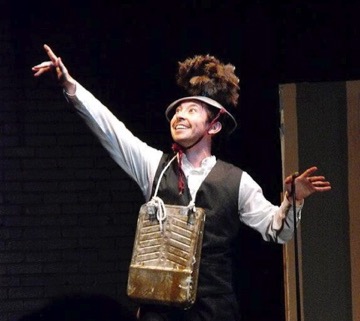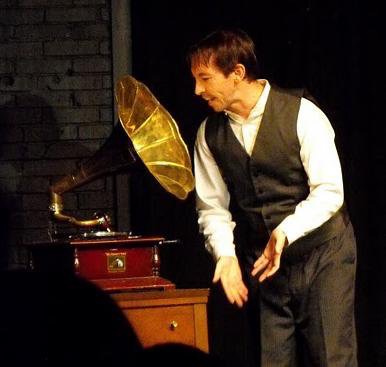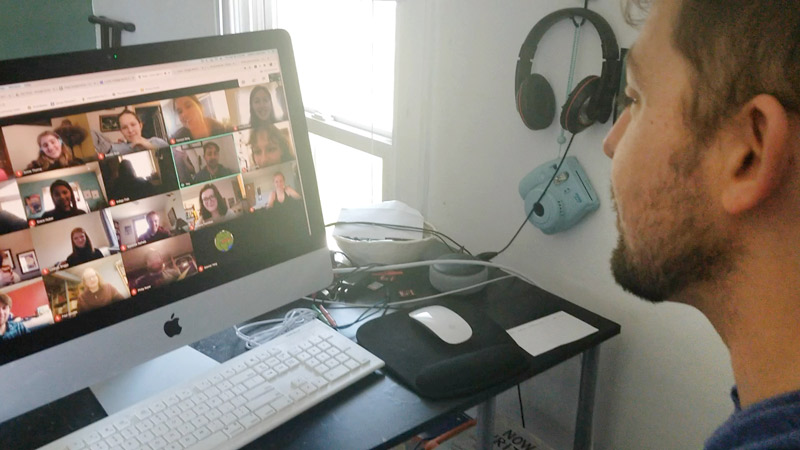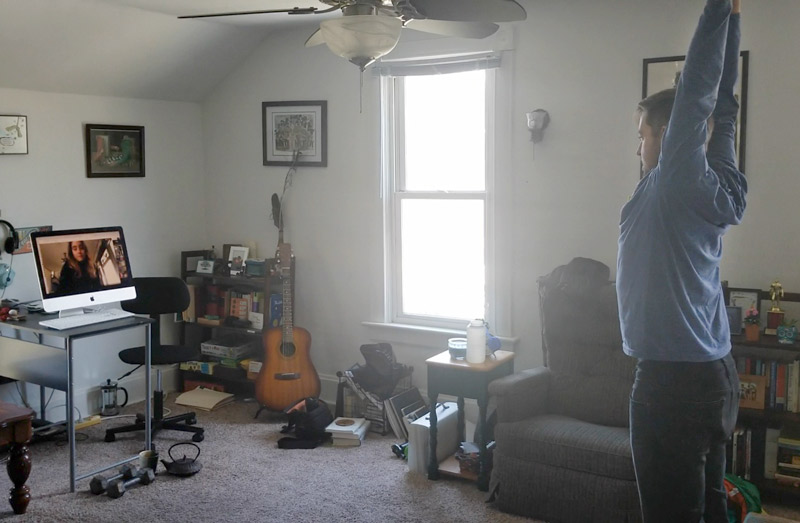By Ben Gorman
It all started when I was a kid in Cleveland….
All our stories begin with “Once upon a time,” our personal histories included. That’s why, deep down—even if we’ve never set foot in a theatre auditorium—we all love theatre at heart. It’s the wondrous sharing of stories—others’ stories, our own—and the best stories show us how all stories are truly our own, in some way.
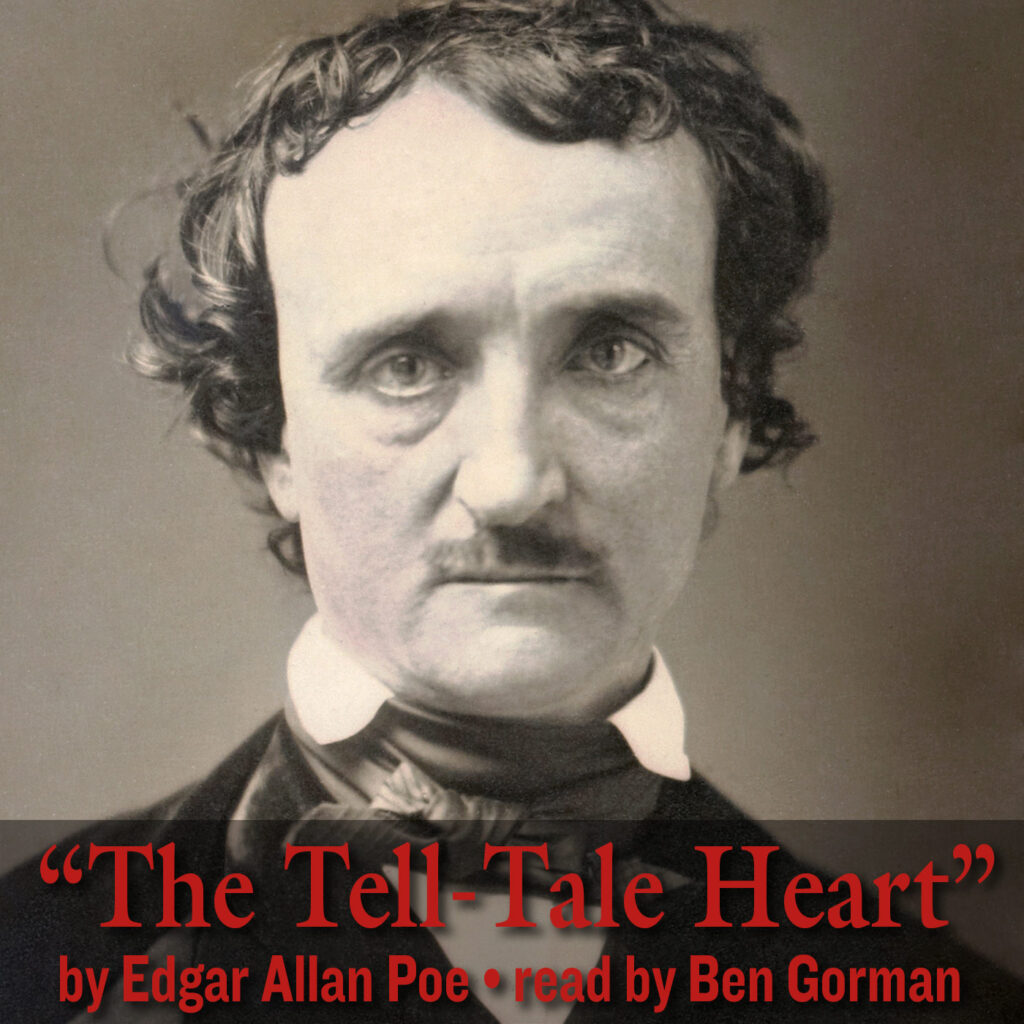
Poe’s “The Tell-tale Heart” is no exception. I’d first encountered it as a kid in Cleveland. Maybe my dad read it to me and my siblings, maybe I chose the tale from a volume of Poe and read it myself; I don’t recall. But what a crazy-creepy introduction to the world of the imaginatively bizarre! How wild and extraordinary! Poe’s strange mindscapes work their way inward on the psyche and turn things upside-down there. When I say the best stories are somehow our own, do I mean we’re all insane, meticulous murderers? Well, perhaps not—but we’ve all given murder a thought…haven’t we? Haven’t we all contemplated the ultimate revenge against someone who has hurt us or slighted us in some way, great or small? Imagination is the relief valve for the emotional pressure-cooker.
After many years taking delight in Halloween and the macabre, I’d never forgotten my love of this old gem from my youth. Such a chilling delight! Two years ago, I’d recorded this reading for my late friend and Commonweal peer Scott Dixon. Sadly, I was unable to complete it in time for him. Now I offer it to you in the hope that, at this peculiar, unsettling time of the year, you may find in it some of the bewitching charm I’ve always experienced reading—or hearing—it. Shut out the lights, maybe light a few candles or a cozy fire, and let Poe’s disturbing tale give you a vicarious thrill on a chill autumn evening.
Happy Halloween.
Ben




